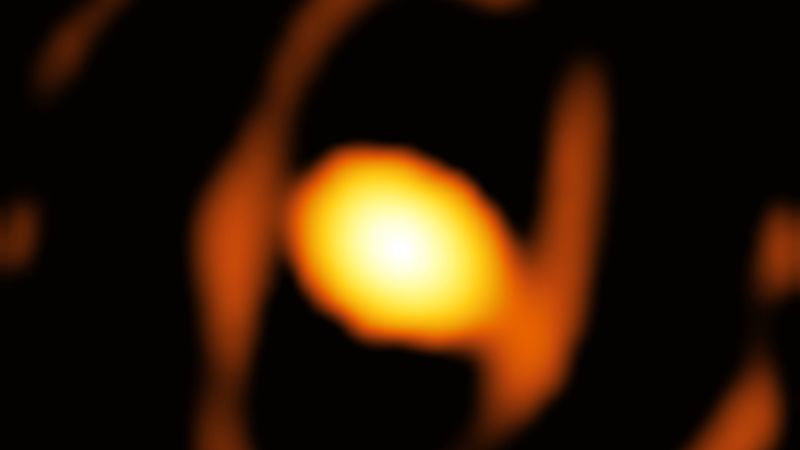
Wind
In space and astronautical engineering, wind refers to the flow of gases in the atmosphere of a planet or moon. Wind is an important factor to consider when designing spacecraft and planetary landers, as it can affect their trajectory and stability during descent and landing. Wind patterns on a planet or moon can also provide valuable information for scientific research, such as studying atmospheric dynamics and weather patterns. In addition, wind can be harnessed for power generation in space, such as through the use of solar sails or wind turbines on planetary surfaces.
Your Previous Searches
Random Picks
- Circular Economy: Circular Economy is an economic system that aims to eliminate waste and promote the continual use of resources. In the context of space and astronautical engineering, Circular Economy principles can be applied to the design, manufacture, an ... Read More >>
- Weather Patterns: Weather patterns refer to the long-term trends and variations in atmospheric conditions that occur over a specific region or the entire planet. In the context of space and astronautical engineering, understanding weather patterns is crucial ... Read More >>
- Process: In space and astronautical engineering, a process refers to a series of actions or steps taken to achieve a specific goal or outcome. These processes can range from the design and development of spacecraft and launch vehicles to the operati ... Read More >>
Top News

First close-up image of a star beyond our galaxy may reveal impending supernova...
Astronomers have taken the first close-up image of a star beyond our galaxy, and it’s a “monster star” surrounded by a cocoon as it slowly dies....
News Source: CNN on 2024-11-21

Bestselling author explains the science of happiness: "You can do the work"...
Bestselling author and Harvard professor Arthur Brooks opens up about how enjoyment, satisfaction and meaning in life can increase a person's wellbeing....
News Source: CBS News on 2024-11-18

November's full moon, known as the Beaver Moon, is the last supermoon of 2024. H...
November's full moon, known as the Beaver Moon, is the last supermoon of 2024. Here's when it peaks and why it's called the Beaver Moon....
News Source: CBS News on 2024-11-15

You can't put a price on the sense of awe particle physics inspires...
Astronomy and particle physics are no longer seen as vital by the US establishment, so funding has fallen. But our work creates a sense of wonder, and wonder matters, says Chanda Prescod-Weinstein...
News Source: New Scientist on 2024-11-13

If you want to stretch your gift game into days this holiday, check out these ad...
The advent calendar phenomenon is growing every year, with so many exciting, fun, beautiful, and delicious options available...
News Source: ABC News on 2024-11-04